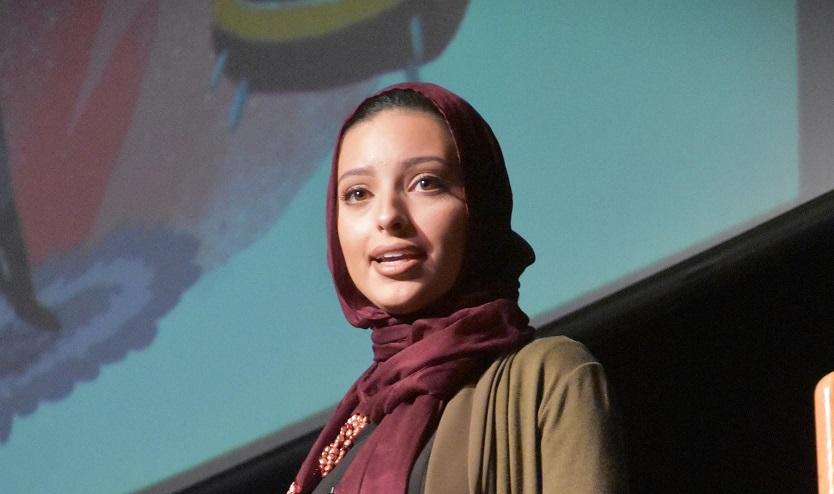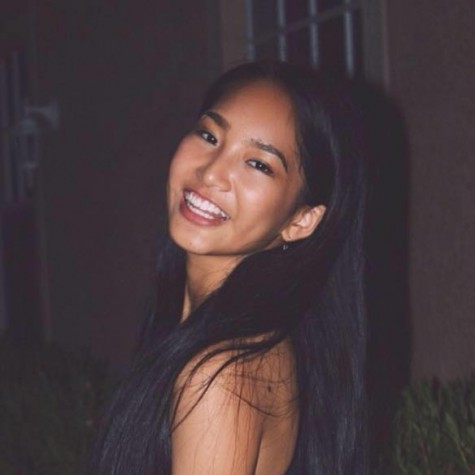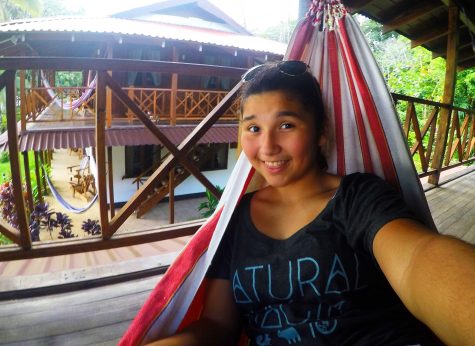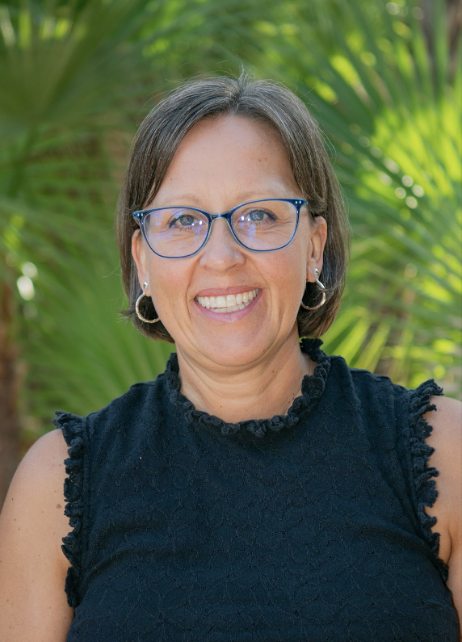More on Noor (Tagouri)
Get up close and personal with the woman who inspired Berkeley.
DO WHAT YOU LOVE: Tagouri shares her journey of how she confronted her identity and broke boundaries while doing it, proving that, with determination, you can accomplish your goals.
October 19, 2016
At the age of 22, Noor Tagouri is rewriting history. From being a first generation Libyan-American, a journalist for CBS Radio, a local news reporter for CTV News in DC and a graduate of one of the best journalism schools at the age of 20, Noor’s list of accomplishments stretches on for days. She’s launched a viral social media campaign (#letnoorshine, launched in 2012, became an inspiration for people everywhere to break stereotypes and to expound upon their own potential), traveled as a motivational speaker and even interviewed with Playboy magazine. She is, as millennials would put it, #goals.
And on Oct. 6, she added “inspired all of Berkeley Preparatory School” to her list of achievements. In the middle of a busy school week, all three divisions of Berkeley were presented with the incredible opportunity to listen to Noor speak. We listened to the tale of a first generation Libyan-American who tackled enormous gender and cultural barriers with great passion and persistence, paving the way for future generations to come. The entire audience was left sitting on the edges of their seats by the end of the speech. Not only was Berkeley given the chance to listen to Noor speak, but in an hour long luncheon, students (myself included) learned of Noor’s stance as a feminist, her self-confidence, the motivation underpinning her accomplishments and even about her favorite books.
Noor Tagouri’s message was beyond inspirational. As a first generation Asian-American, I couldn’t help but relate to her struggle with her cultural identity. The precarious balance between my Chinese heritage and the urge to conform to the world I live in is a balance I’ve struggled to maintain my entire life. As a senior dealing with the potential of rejection from colleges, her message of persistence resonated with me. Suddenly, college didn’t mean the world to me anymore; life was about who I was as a person and the persistence I brought into everything I did. As a self-identified female dealing with the barriers that gender stereotypes pose to me on a daily basis, her message of infinite female potential was empowering. The power behind Noor’s message was in its relatability (#relatable). No matter who you were or what you did, there was an aspect of Noor’s message that resonated with you.
For those who missed the luncheon, there’s no need to worry. The Fanfare sat down with Noor to ask her a few key questions about her life. I’d highly recommend reading the questions below, because the replies are truly #inspirational.
Q: Tell us a little bit about your focus on “questions.” Why do questions matter so much? What kinds of questions should we be asking?
A: Questions matter so much because [they are] the doorway to us understanding one another. People fear that which they do not know, and so how do we get to know those things? We ask. Respectfully, genuinely, and tell the stories of those who don’t have voices or who are misunderstood. We should ask the questions that come naturally to us from curiosity and wanting to understand. And ask to listen, not to respond.
Q: Tell us about your Instagram biography (“from a tribe called quest-ions”).
A: Haha. That line is actually a lyric from a Big Sean and Jhené Aiko song… playing on the group “a tribe called quest,” and I love all of those artists so I thought it was a fun line because I am so passionate about asking questions.
Q: What advice do you have for students regarding finding their passion? How did you find your passion?
A: I believe that our passion stems from our personal legends we’ve been familiar with since we were very young. Reflect on what made you happy when you were younger and what sparked that fire and then peel away everything that muddied that. Society standards and expectations. And now go into your day taking on everything that seems even a tad interesting to you. And follow what leads to a bigger fire in you. I’ve known my passion since I was a kid, it was asking questions and telling stories and I took that and followed where it took me — writing camps, TV camps, meeting new people and then all the jobs in journalism.
Q: What advice would you give to students who are minorities in their schools? What advice would you give to other first generation Americans?
A: Use your differences as an advantage to take back your narrative and bring new perspective. Remember that America was built on immigrants and that our families struggle in this country reminds us why it’s so important to be passionate and live our own dreams.
Q: What keeps you motivated? How do you stay on track 24/7?
A: The cause and the message being bigger than me. That is the reminder that keeps me on top of it all. And just competing against myself to do better and be better.





